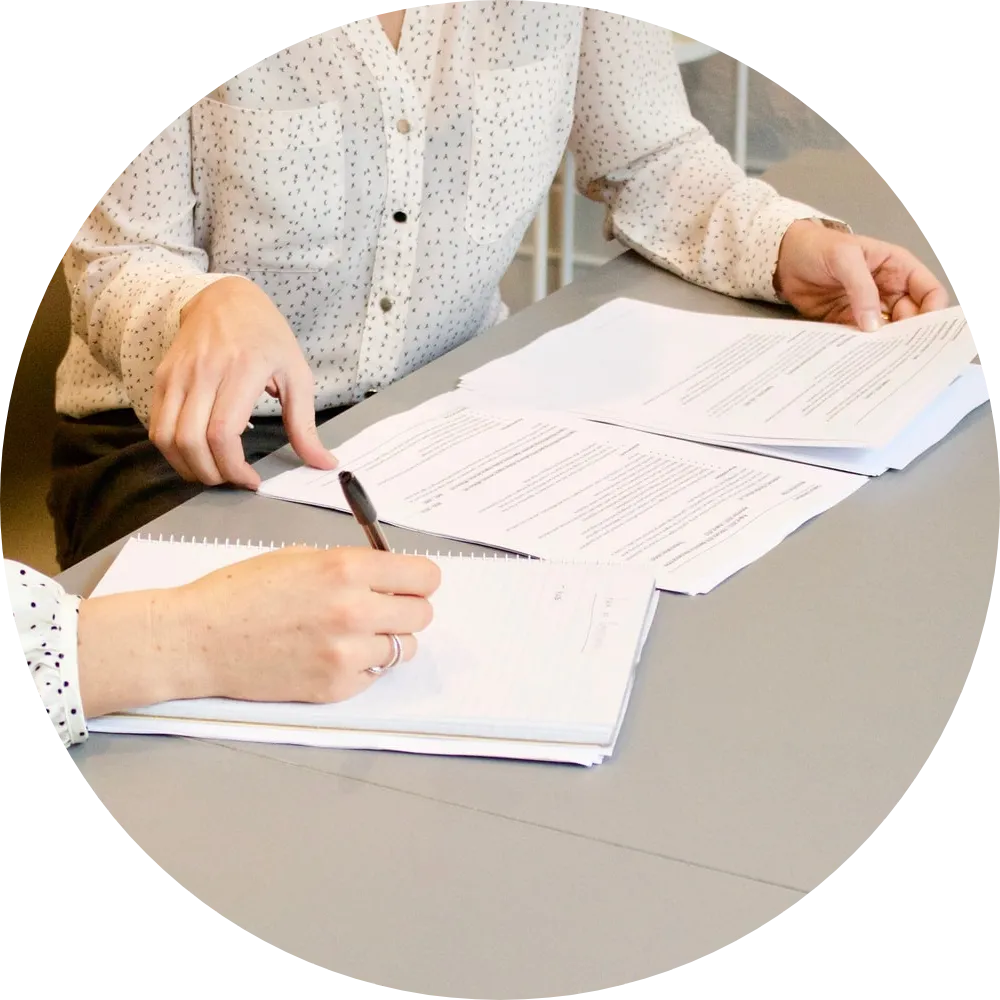Hoarding problems
Many people enjoy collecting items, and it’s perfectly normal to have possessions you wouldn’t want to part with. However, hoarding becomes a concern when the need to collect things causes distress or significantly impacts your daily life. This may include difficulties discarding objects or making decisions about what to keep. You might also feel a compulsion to acquire and accumulate items.
Until recently, hoarding was clinically classified as a type of Obsessive Compulsive Disorder (OCD). However, new research shows that hoarding is a separate condition. If you’re looking for hoarding help in Bristol, support is available to help you regain control and reduce the impact of hoarding on your life.

